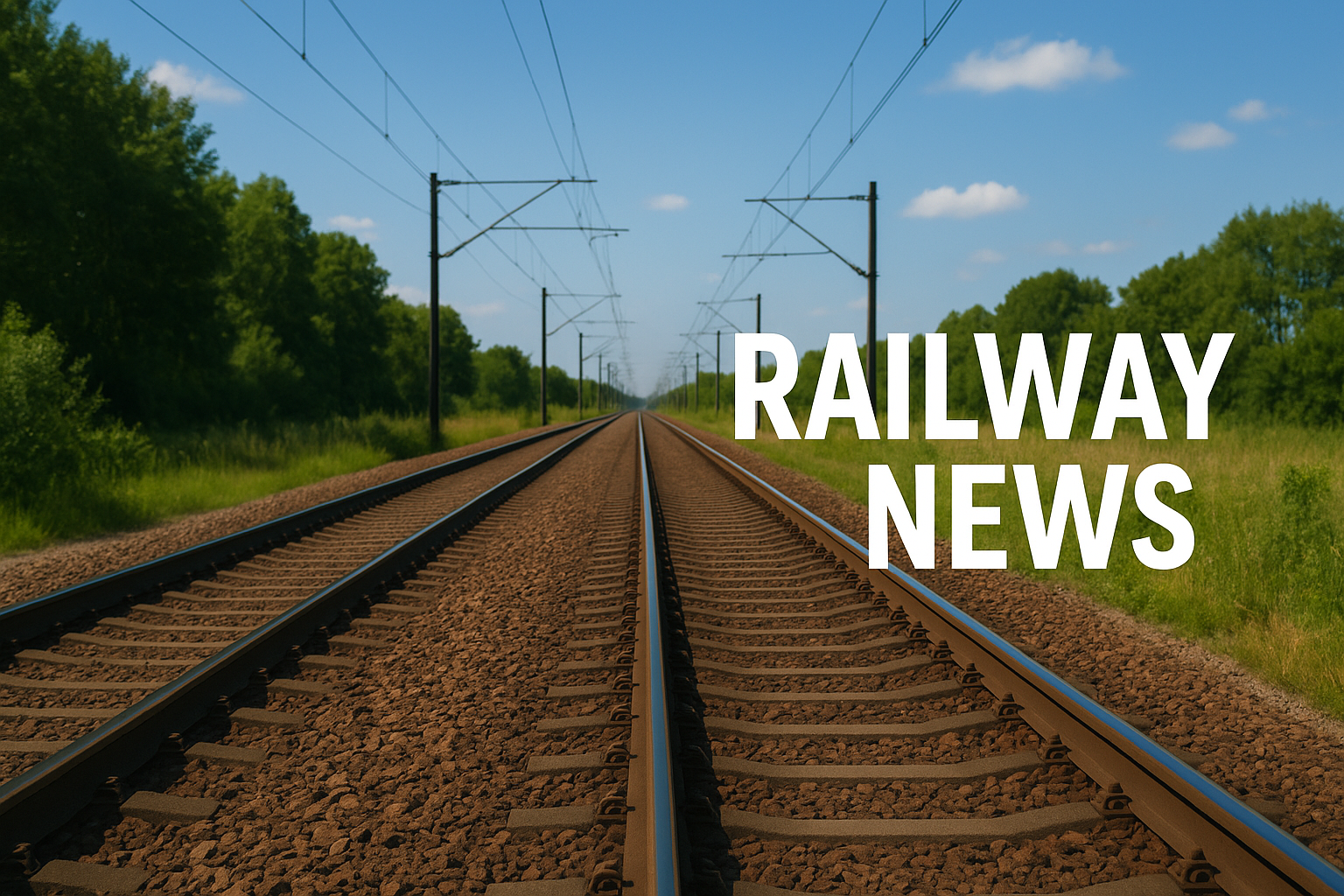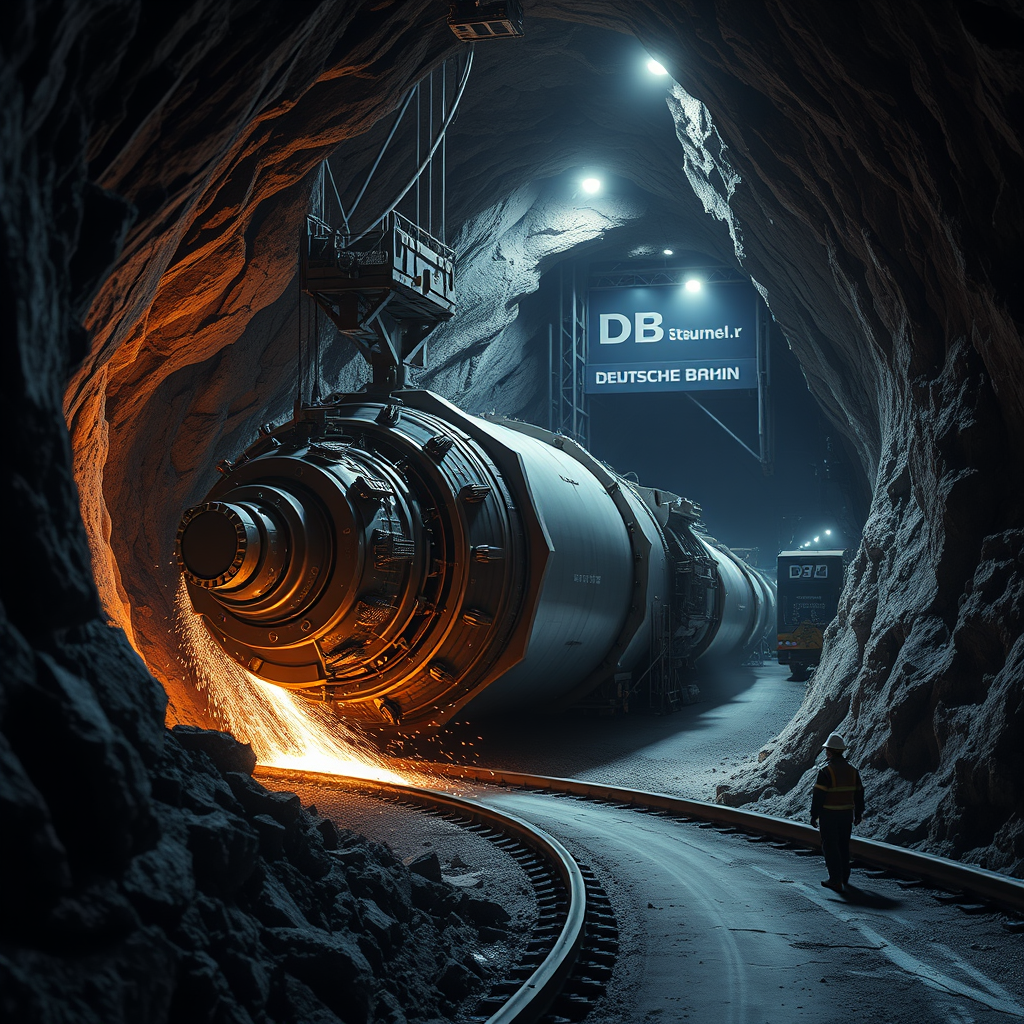HS2’s £95M Geotechnical Challenge: BKJV’s Crucial Role

The construction of High-Speed 2 (HS2), a high-speed rail network in the UK, presents significant engineering challenges. This article delves into the crucial role of geotechnical engineering in such a large-scale project, focusing specifically on the contract awarded to the Bauer Keller joint venture (BKJV). The £95 million contract highlights the immense complexity and investment required for HS2’s successful completion. We will examine the scope of BKJV’s work, the importance of geotechnical considerations in high-speed rail construction, the challenges involved in managing such a large project, and the broader implications for the UK’s infrastructure development. The analysis will consider the collaborative nature of modern infrastructure projects, highlighting the partnerships crucial for success, and finally, provide an outlook on the future of large-scale geotechnical projects in the rail sector.
Geotechnical Challenges in High-Speed Rail Construction
The construction of high-speed rail lines, like HS2, necessitates a deep understanding of the ground conditions along the entire route. HS2’s C23 section, a significant portion of the line between London and the West Midlands, presents complex geological variations requiring sophisticated geotechnical solutions. The project’s scale, encompassing 80km of track, 15 viaducts, over 80 bridges, 7km of green tunnels, and 30 million cubic meters of excavation, demands meticulous geotechnical planning and execution. The potential for ground instability, settlement issues, and unforeseen subsurface conditions necessitates robust and reliable foundation systems, making geotechnical engineering a paramount aspect of the project’s success.
BKJV’s Scope of Work and Expertise
The Bauer Keller joint venture (BKJV), a partnership between Bauer Technologies and Keller UK, secured the contract to undertake the crucial geotechnical work for the C23 section. Their responsibilities encompass the construction of piled foundations for various structures, the creation of secant piled and slurry walls (techniques used to reinforce unstable ground), and the installation of pressure relief drains (to manage groundwater pressure). The selection of BKJV highlights their established expertise in large-scale ground engineering projects, demonstrated through their previous collaborations on projects such as London Underground and Crossrail. Their combined capabilities and experience in delivering complex geotechnical solutions are essential for navigating the challenges of HS2’s C23 section. The successful completion of preliminary pile testing demonstrates their commitment to thorough planning and efficient execution.
Project Management and Collaboration
The HS2 project, and specifically the C23 section undertaken by EKFB (a joint venture of Eiffage, Kier Group, Ferrovial Construction, and BAM Nuttall), exemplifies the collaborative nature of modern large-scale infrastructure projects. The success of such endeavors hinges on effective partnerships and seamless coordination between various stakeholders, including the main contractor (EKFB), specialized subcontractors like BKJV, and regulatory bodies. BKJV’s two and a half years of collaboration with EKFB in the planning phase underscore the importance of integrated planning and early engagement in mitigating potential risks and optimizing project delivery. The project’s complexity requires robust communication, efficient risk management, and a high level of coordination among all parties involved.
Significance and Future Implications
The HS2 project, with its significant investment in advanced infrastructure, sets a precedent for future large-scale rail developments. BKJV’s involvement, and the £95 million contract awarded, highlight the substantial economic impact of such undertakings, providing numerous employment opportunities and stimulating innovation in ground engineering. The project’s success will serve as a benchmark for future high-speed rail initiatives, influencing design methodologies, construction techniques, and project management practices. The insights gained from navigating the geotechnical challenges of HS2 will contribute significantly to the advancement of expertise in the field of rail infrastructure development, benefitting projects worldwide. The experience accumulated by BKJV on this prestigious project will undoubtedly strengthen their market position and shape future geotechnical endeavors within the rail sector. The successful completion of the HS2 project in 2024 will mark not only a milestone in UK transportation but also a significant advance in the field of large-scale geotechnical engineering, setting new standards for future railway infrastructure projects globally.



